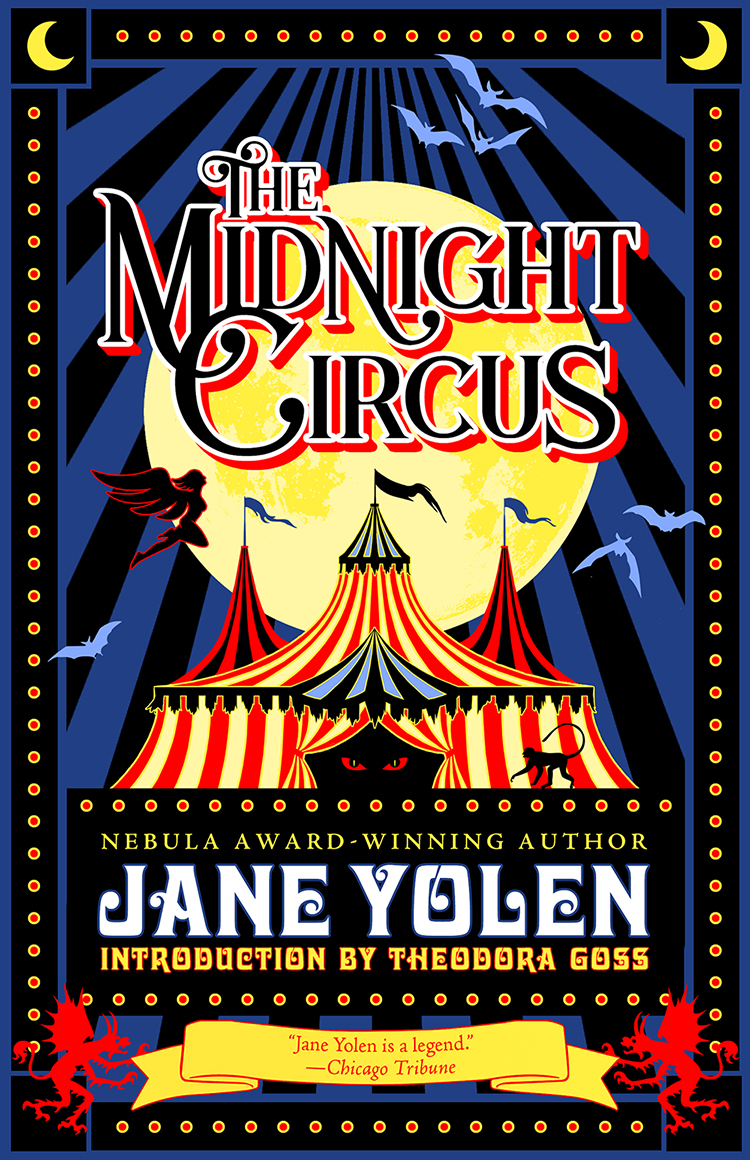NB—I received a free copy of this book via Netgalley in exchange for an honest review, all opinions are my own
As this anthology is all the work of one author, I’m not going to specifically review each short story, instead I’ll be reviewing the book as a whole, referencing individual stories where relevant. The stories do explore darker themes, so if you’re at all sensitive to violence, sexual assault, child abuse, ableism, self-harm or eating disorders, this anthology isn’t for you.

I knew that this anthology would be exploring darker themes, but I didn’t realise how many of the stories would actually be horror. I’m not a huge fan of horror in fiction, because to really play on subconscious, universal fears, stories can very easily come across as biased. That’s not to say that I didn’t like several stories within this anthology, in fact I enjoyed most of them, but there were some vaguely misogynistic characters and scenarios that I didn’t enjoy, a few instances of child abuse that seemed gratuitous (though unless the aim of a story is to condemn abusive behaviour, I often feel that the inclusion of abuse is gratuitous, so keep that in mind), and a short story that could easily be read as a condemnation of non-traditional family structures. I prefer stories that are narratively satisfying, which is why I gravitate mostly to fantasy; whereas horror often aims to unsettle or disturb the reader, which I’m not always in the mood for. Once again, this is simply to provide context to my review, not to criticise The Midnight Circus (Is it ridiculous that I was a little disappointed that no actual circuses appeared in this book? Probably, but I was).
I appreciated the way Jane Yolen’s family background informed several stories, and I was interested in the way the lingering effects of genocide were explored in both Names and The Snatchers. I find that most fiction that explores dark times of history tends to recast it in an alternate world or place, maybe even far into the future. By refusing to shy away from the horrors that Jewish people experienced during the holocaust, Jane Yolen truly reminded the reader to remember. Nowhere is that more apparent than in Names. I appreciated the theme behind the story, but I did not enjoy the despair that seemed to be the message.
I didn’t like the presentation of several heroines within this anthology, most notably the girl who I believe is never named, from Become a Warrior who has severe ‘not like other girls’ vibes; Dog Boy’s mother from Dog Boy Remembers, again, I don’t believe she has a name, let alone fleshed out motivations beyond serving/motivating men; and the mother from Night Wolves, whose conflict is resolved by the mere reminder that even though she is shudder—divorced—she still has men to serve in her sons. I didn’t even realise until I wrote this list that none of the women have names, which may be a big part of why they felt less like characters, and more like a statement about women as a whole. My discomfort with this representation of women may be related to how old some of these stories are— feminism has come a long way since the 80s— or just the necessary restrictions on characterisation that the short story format demands (I mainly read novels, and my preferences in character building reflect this). Still, compared to some of the independent, more realistic women from the rest of the anthology, these nameless women seemed a little insultingly two dimensional.
My favourite stories from The Night Circus were hands down the fairytales. Mair from The Fisherman’s Wife is a badass, and I liked the way her disability was presented as just another part of who she was. Zena from Wilding was a true rarity in fiction—a believable teenaged character, with a realistic, entertaining character arc. The Weaver of Tomorrow opened the anthology with a bang, and I appreciated Vera’s ambition being used to further the story, and the ultimate moral lesson it delivered.
Inscription was another strong addition to the anthology, and I lived the folklore feel of this story, as well as Winter’s King and The White Seal Maid. I appreciated the creativity and humorous angle of An Infestation of Angels. While some parts of the story verged on fat-phobia, I’ll never get tired of ‘wily main character outsmarts amoral oppressors’. Requiem Antarctica was a departure in tone, but I thought the old-timey language and pacing of the story helped to sell the horrifying details woven throughout. The commentary on global warming at the end seemed a little out of place, but I appreciated it nonetheless.
One thing that really brought this collection of stories to life was the commentary at the end from Jane Yolen about when each story was published or written, with a poem as accompaniment. I almost wish these snippets had been included after each story, however, while the details were still fresh in my mind. Nevertheless, they were enjoyable, and it was fun to learn the inspiration behind each story.
Fans of Jane Yolen’s work will likely find plenty to enjoy in this anthology, and I’d also recommend it to fans of horror, fairytales or folklore. The Midnight Circus released on October 1st, and is available now.

What‘s your favorite Yolen novel? I‘ve read only two poems by her (in the Book of Dragons) and seem to have missed a prolific author completely.
This one I‘ll give a pass, though, because of horror.
LikeLiked by 1 person
I hadn’t actually tead anything from Jane Yolen before this, but I thought the anthology could be a good way to see what her writing was like, and I’d definitely read a fairytale-esque book from her, as I really enjoyed the stories in that style
LikeLiked by 1 person